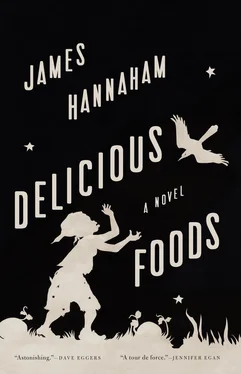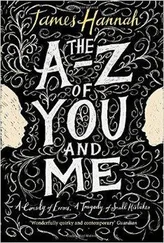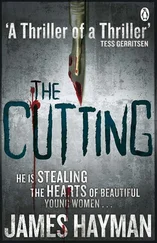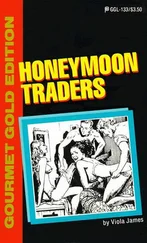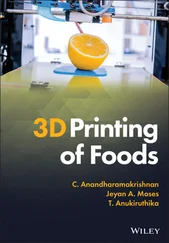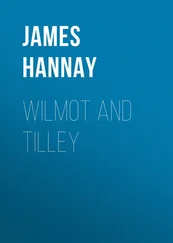Before Sirius could respond, How turned on the lights, a pair of those bright white spotlights mounted on stands in clusters of six, and unleashed the type of dazzling illumination you might normally find on a Little League field in a suburban town. The two of them must have felt electrocuted. They froze for an instant, then their limbs unclenched, and as if falling out of the cosmos, they reset themselves to the task of foraging in the low plants and vines and dirt to find unbruised, pristine specimens and gently place each berry into one of the small boxes they carried for that purpose.
So I never got to hear his answer to the question, Darlene said. I found my way, but I wanted to know what he thought.
I reckon I heard the answer, Eddie said, and he began to relate how during Sextus’s trial, he and Sirius had gone with Michelle and a couple of people on the prosecution team — a lawyer and a young clerk — to a diner a few blocks down the road, the kind that looks like an Airstream trailer, wrapped in aluminum that’s been polished and faceted into diamond shapes, flooded inside with that pleasantly unpleasant odor of many years of hot bacon grease. Somewhere in the course of a freewheeling conversation, loosened by the sense that the team no longer had a chance of losing the case and by the solid beams of sun chopping through the space, the clerk turned to Sirius and questioned him about his escape the way someone young and brash would.
The slim kid had on a short-sleeved shirt with a light blue grid pattern, exactly like graph paper. The energy in his body looked like life when he turned his whole torso to ask Sirius, How the hell did you get through all that?
Sirius laughed for a second, and so did Michelle, then a sober expression crept over his mouth and into his eyes. But his answer had already taken too long for the clerk.
I mean, what kept you going? Like, I got snowed in without electricity for a couple of days in a friend’s cabin in Colorado, all by myself, and I spent half the time on my knees praying to the Lord until the rescue came through. Wrapped in five blankets, of course.
I went through that phase, Sirius said, nodding. The Lord didn’t do shit.
Everybody paused awkwardly at his casual dismissal of the kid’s religious faith and stared at Sirius waiting for further elaboration. Michelle stirred sugar into her coffee, her spoon jingling against the mug.
The Lord turned out to be just another story, Sirius continued. After that one, he said, I told myself the story of my family’s devastation should I pass, but that was a joke too — their devastation would have lasted about as long as a commercial break.
He changed that into a desire to live for some dream of a future family of his own, he said, or for his music to outlast him, for some legacy that might help him live beyond his life, but those were all stories too. It turned out that all stories betray you when you’re down to chasing crickets to get your next meal. A story might help you get through your life, he said, but it doesn’t literally keep you alive — if anything, most often people who have power turn their story into a brick wall keeping out somebody else’s truth so that they can continue the life they believe themselves to be leading, trying somehow to preserve the idea that they’re good people in their small lives, despite their involvement, however indirect, with bigger evils. He said he often thought about the people who were going to eat the strawberries and lemons and watermelons he picked for Delicious, about what those folks would look like, how they might peel the fruit, how the fruit would taste, maybe about the fruit salad they would make, or the pie.
But I’m sure they never thought about me, Sirius said. No, not from behind that brick wall.
After a while out there in the wilderness, Sirius said, the myths and faiths and social everythings stopped meaning anything to him. The survival instinct took over from the day-to-day fairy tales he’d needed when all of them worked for Delicious, and something essential in his brain turned him back into an animal. And there he was, catching fish with his bare hands, navigating by smell, bathing in the rain. Sirius quit asking how he could go on, Eddie told his mother. He had to survive. He had to live. He was free.
For their help, love, and support, the author would like to kiss Brendan Moroney, Ben George, Doug Stewart, Clarinda Mac Low, Kara Walker, Jennifer Egan, Helen Eisenbach, Colleen Werthmann, Timothy Murphy, Alvin Greenberg, John Bowe, Marcelle Clements, Andrew May, Michael Agresta, Brian Parks, Gregory Cash Durham, David Hamilton Thomson, Daniel Clymer, Jen Sudul-Edwards, Joshua Furst, Christopher and Kathleen Moroney, Rosa Saavedra, Laura Germino and the Coalition of Immokalee Workers, Greg Schell, Marla Akin and John McAlpin, Patrick Adams, Carina Guiterman, Fundacíon Valparaíso, the Corporation of Yaddo, the Constance Saltonstall Foundation for the Arts, the MacDowell Colony, the Blue Mountain Center, the Port Townsend Writers’ Conference, Ledig House, and his scuzzy former office, ISC 310, at the Pratt Institute.
James Hannaham is the author of the novel God Says No, which was honored by the American Library Association. He holds an MFA from the Michener Center for Writers at the University of Texas at Austin and lives in Brooklyn, where he teaches creative writing at Pratt Institute.
